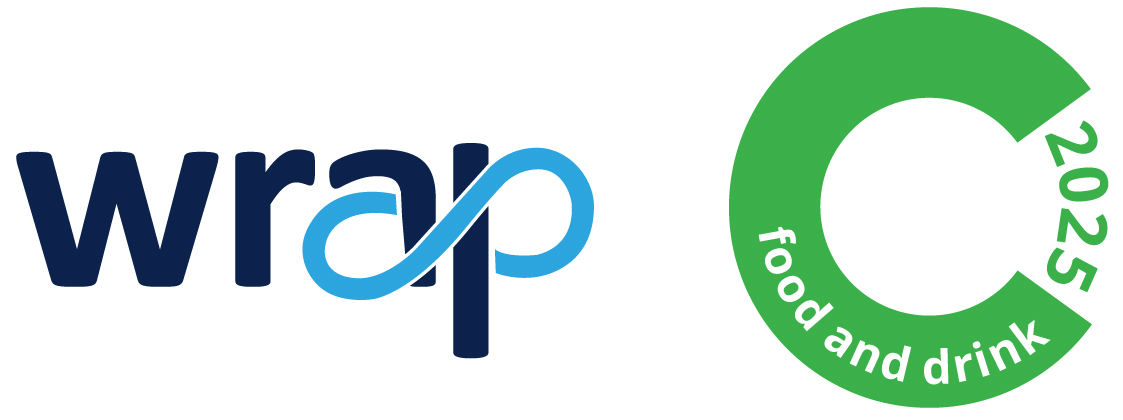Targeting potato loss
Opportunities for resource efficiency gains in the potato sector are well established, and research has identified potatoes as one of the top five grocery categories to focus on.
When crop research organisation NIAB suggested a novel application of their Potato Crop Manager Tool as an innovation project, we saw the potential to extend the use of the tool’s yield forecasts into the supply chain to optimise decision making and reduce waste on and off farm.
Asda’s sourcing subsidiary, International Procurement and Logistics (IPL), agreed to take part in a demonstration project and brought in 14 potato growers. Supported by Asda-IPL’s technical team, these growers are using smart phones to monitor crop development during the 2017 season. Growers conduct several coordinated sample digs in the season and take photographs of the crop canopy, which they upload to an online platform. This generates early and accurate yield forecasts, based on decades of scientific research.
This is the first time the tool has been used to help inform supply chain decision-making and management. Growers can also compare performance across different fields and may choose to compare performance between different growers. This analysis will drive continuous improvement in performance.
As part of the support, NIAB has also delivered training to growers on best practice, particularly on crop management and irrigation. This will help more growers improve the efficiency with which they use inputs as well as increasing the proportion of crop that meets quality requirements.
‘Wonky veg’ promotions
‘Wonky veg’ initiatives have been introduced by retailers to create flexibility in fresh produce specifications, and to provide a market for produce that otherwise might be out of specification.
A comprehensive review of these initiatives was carried out under Courtauld 2025, presenting an opportunity to identify and share best practice across the sector. WRAP brought together Courtauld 2025 signatories working in fresh produce to guide this assessment, including suppliers and retailers, alongside agricultural experts ADAS,
Reducing lettuce waste
Through analysis it was identified that improvements in the supply chain for lettuce and bagged salads could lead to significant reductions in food waste.
A project was initiated with Co-op and Pizza Hut, their common lettuce supplier MyFresh, and grower LWS. Through a series of workshops, the companies mapped the supply chain and identified opportunities to reduce waste. This has led to a number of actions from reviewing ‘out of specification’ product, to testing current storage guidance given to consumers.
*In the UK, we produce more than 50Mt of food a year, worth about £17bn. Using data from WRAP’s and other studies from around the world, a conservative average 5% waste of what is produced would equate to 2.5Mt a year, worth around £800M.
